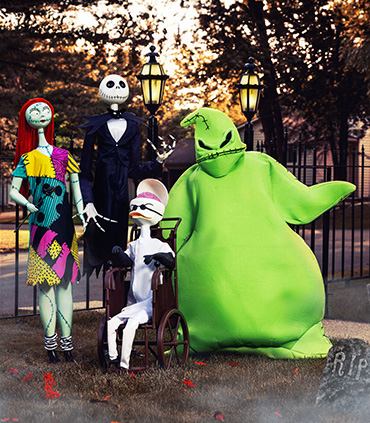Mobile Pet Grooming in Cooper City: A Convenient Solution for Your Furry Friend’s Needs
In today’s busy world, pet owners are constantly on the lookout for convenient and time-saving services to meet their pet’s grooming needs. MobilePetsGroomingCooperCity.com has emerged as a popular solution to make the grooming process hassle-free for both pets and their owners. Instead of dealing with the stress of transporting pets to a grooming salon, mobile pet grooming brings the salon experience directly to your doorstep. With professional groomers who arrive in fully equipped vans, mobile pet grooming offers a more personalized, less stressful experience for pets and ensures that owners can save time while keeping their furry companions looking and feeling their best.
Mobile pet grooming in Cooper City is designed to cater to a variety of pets, including dogs and cats, with grooming services that range from basic baths to full grooming packages. These services are available in the comfort of your home, and the groomers’ mobile vans are equipped with all the tools and supplies needed to perform everything from nail trimming and ear cleaning to coat brushing and bathing. This means your pet receives the full grooming experience without the added stress of a trip to a traditional salon. Whether you have a busy schedule or your pet simply doesn’t do well with travel, mobile grooming offers the perfect solution.
One of the biggest advantages of mobile pet grooming in Cooper City is the convenience it provides. You can schedule an appointment for a time that works best for you and your pet. This flexibility eliminates the need for long waits at traditional grooming salons. Additionally, mobile groomers are often able to accommodate last-minute appointments, making it easier than ever to keep your pet looking great even on short notice. The personalized attention your pet receives during mobile grooming sessions means they are more likely to enjoy the process, which is particularly helpful for pets who are anxious or have trouble adjusting to unfamiliar environments.
Another significant benefit of mobile pet grooming in Cooper City is the one-on-one care that pets receive. Since the grooming van is dedicated to your pet alone, there are no other animals around to distract or stress them out. Many pets, especially those that are shy or nervous, feel more comfortable in a familiar environment. Mobile grooming allows pets to stay calm while receiving the care they need, ensuring that the grooming process is as stress-free as possible. The groomers are trained to work with pets of all temperaments, making sure each pet gets the gentle treatment it deserves.
The professional groomers providing mobile pet grooming services in Cooper City are highly trained, experienced, and equipped with the latest tools and equipment to care for your pet’s coat and health. From the most basic services to specialized treatments, such as de-shedding, flea baths, or even hypoallergenic treatments, mobile groomers are well-versed in handling a wide range of grooming needs. Their goal is not only to make your pet look beautiful but also to maintain their health by offering services that support their overall well-being.
For pet owners in Cooper City who are looking for high-quality and reliable grooming services, mobile pet grooming is a fantastic option. It allows you to skip the hassle of dropping your pet off at a traditional grooming salon, and instead, you get the comfort of knowing that a professional groomer is coming to you. Whether you have a long-haired dog that requires frequent grooming or a cat that needs a gentle bath, mobile pet grooming can handle it all. Plus, with flexible hours and a focus on minimizing stress for both pets and owners, mobile grooming provides a superior grooming experience.
The importance of regular grooming for pets cannot be overstated. Grooming is essential not only for keeping pets looking their best but also for promoting their overall health and hygiene. In Cooper City, mobile pet grooming ensures that pets get the care they need without the hassle of a traditional salon visit. Regular grooming helps prevent matting, reduces shedding, and promotes healthy skin and coat. For pets with sensitive skin or special grooming needs, mobile grooming offers tailored services that address these issues in a more personalized manner.
In conclusion, mobile pet grooming in Cooper City is a great option for pet owners seeking a more convenient, less stressful way to care for their pets. With professional groomers coming directly to your home, you can save time and provide your furry friends with the attention they deserve. Whether you’re looking for a quick bath or a full grooming session, mobile pet grooming services offer a level of flexibility, convenience, and personalized care that traditional salons simply can’t match. Make sure your pet receives top-notch grooming in the comfort of your own home with the growing trend of mobile pet grooming in Cooper City.






